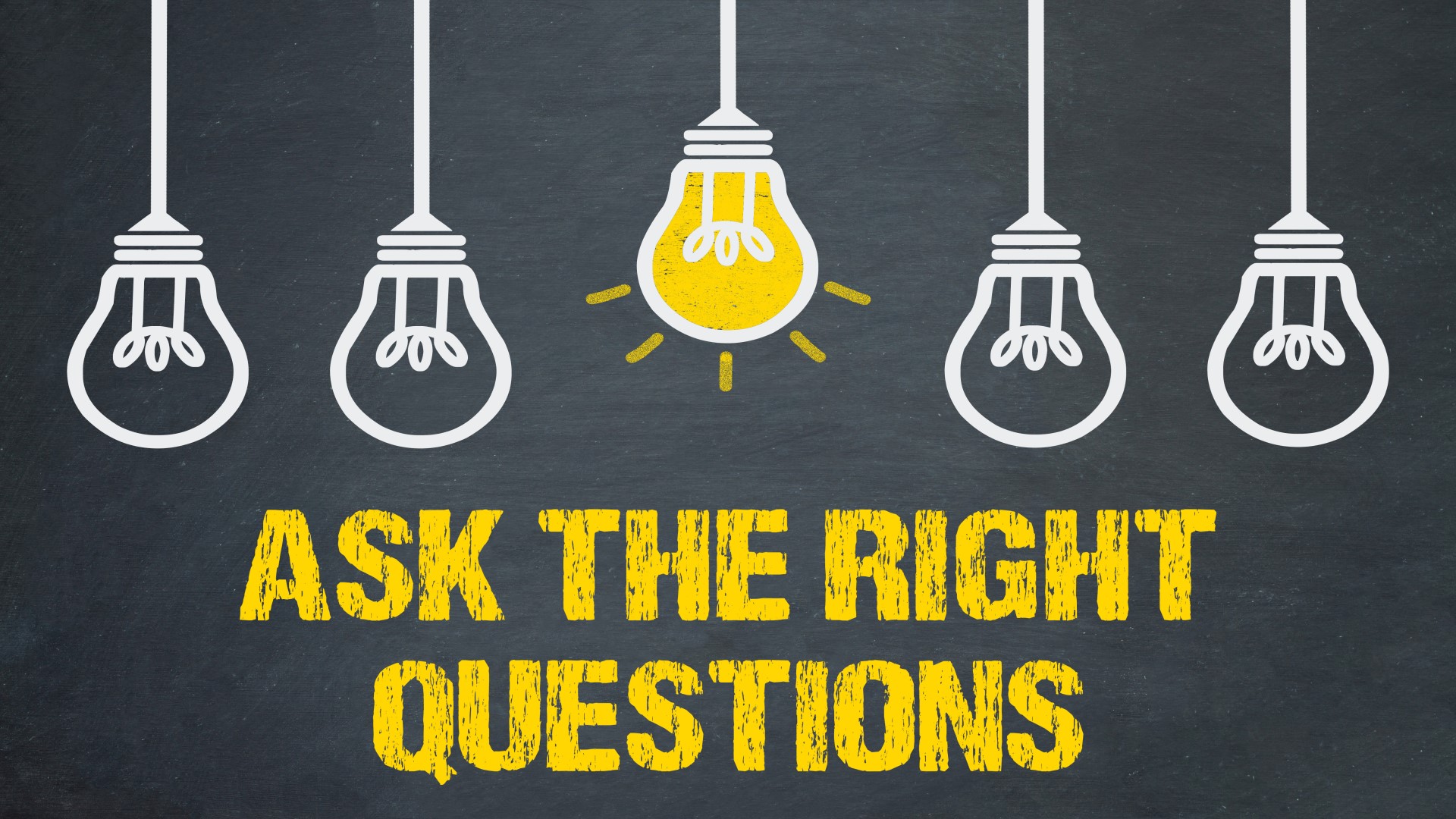Unlocking Learning: The Power of Active Questioning
Active questioning is the skill of asking thoughtful, well-formed questions that help you gain a deeper understanding of a topic. This skill isn’t just about raising your hand to ask something simple but rather about showing genuine curiosity and digging deeper to fully understand the material being covered. Asking questions, especially in a classroom setting, can clarify information, give you a richer perspective, and enhance your overall learning experience. Active questioning helps you identify gaps in your knowledge, giving you the opportunity to fill them with valuable information.
Imagine you’re in math class and feel confused about a new formula your teacher is explaining. Instead of just trying to follow along silently, you decide to ask for more details or request an example that applies the formula to a real-world problem. This act of seeking additional details is an example of active questioning. It shows that you’re not only paying attention but that you’re willing to take the extra step to fully understand. Asking questions this way communicates to your teacher that you’re invested in your learning, and it often encourages your classmates to think more deeply about the subject too.
Active questioning also plays a big role during discussions. In a group setting, asking follow-up questions can guide the conversation toward a clearer understanding of complex ideas. Suppose your history class is having a discussion about different causes of a historical event. Asking a thoughtful follow-up question such as, “How did this cause affect other events happening at the same time?” demonstrates curiosity, helps the class consider new angles, and might even introduce fresh perspectives. When you actively question in discussions, it’s like lighting a spark that encourages everyone to think more critically, which can make the conversation richer and more engaging.
The benefits of active questioning extend beyond school, as this skill is valuable in problem-solving situations too. Whether you’re working on a group project, facing a challenging task, or dealing with a personal issue, asking the right questions can lead you to more effective solutions. If you’re unsure about how to tackle a difficult project, for example, asking specific questions can help you break down the work into manageable parts and focus on what’s most important. Learning to ask questions like “What’s the first step we should take?” or “How do these different parts connect?” will guide you toward productive actions and can make any task feel more achievable.
An important part of mastering active questioning is listening carefully to the answers. Sometimes, a response will lead to another question, helping you to explore the topic even further. Active questioning, in this way, becomes like a chain reaction, one question leading to another as you dig deeper. This doesn’t mean that you should ask questions just for the sake of asking, but rather focus on genuine questions that lead to real understanding. By doing this, you also learn how to express your thoughts more clearly, which can improve your communication skills and help you become a more confident learner.
You may find that some questions help others around you understand the topic better too. In group work or class discussions, asking questions like “Can you explain that in a different way?” or “What would happen if we tried this?” can support others who may also feel unclear. When you take the initiative to ask these types of questions, you create a supportive environment where everyone feels more comfortable engaging.
So, how can you start using active questioning in your own life? Begin by thinking about what confuses you or where you’d like more details, then try to form clear, specific questions. If your science lesson mentions a topic you haven’t heard about, don’t hesitate to ask, “What are the basic ideas behind that concept?” Likewise, during group projects, ask your teammates questions to ensure everyone is on the same page. Even outside of school, if there’s something you’re curious about, like how a certain sport is played or how to cook a favorite meal, ask questions to learn more.
The more you practice active questioning, the more natural it will become. Over time, you’ll find yourself learning more, understanding ideas at a deeper level, and becoming more skilled at solving problems. Active questioning empowers you to take control of your learning journey. This skill will serve you well, not only in school but also in life, as it enables you to approach challenges with curiosity and confidence. Start asking questions today, and unlock the potential for growth and understanding in every area of your life.

